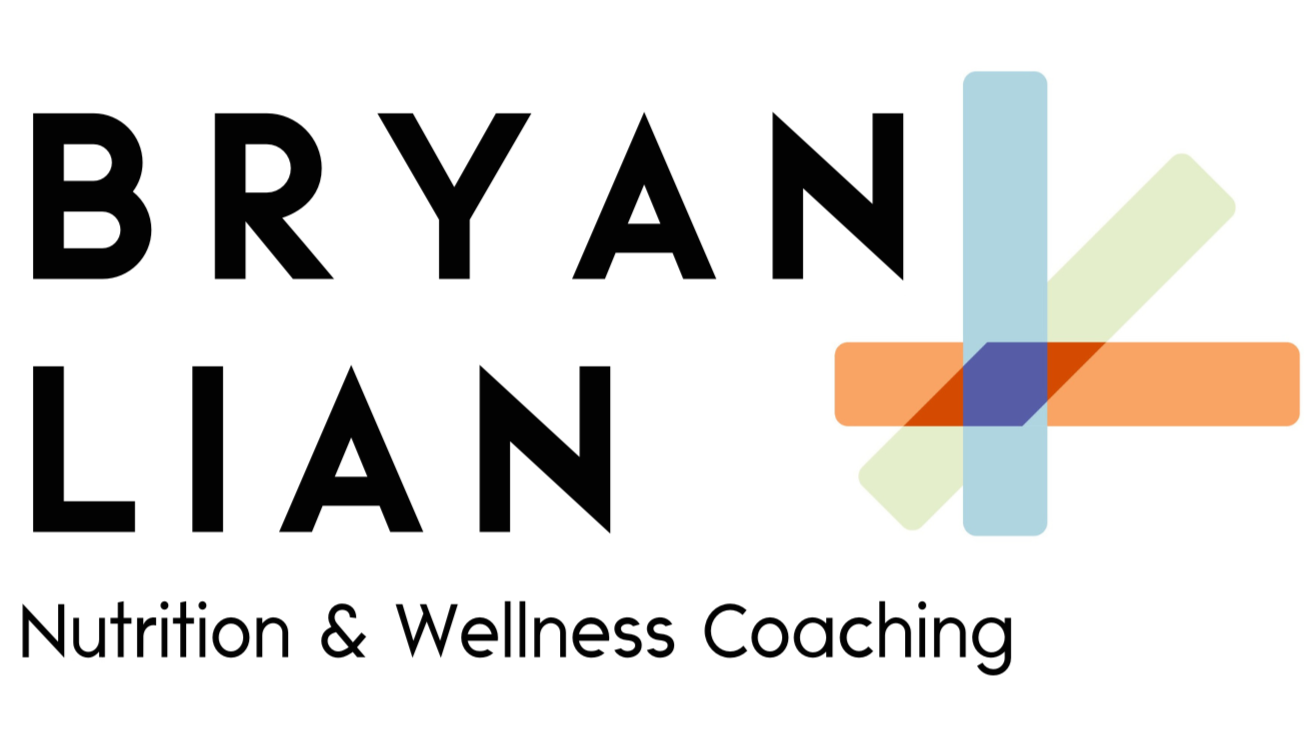Why I'm Letting Go of My CEDS-C Credential
Hey everyone,
So, as my CEDS-C credential is about to expire in the summer of 2024, I've been doing some thinking and soul-searching. I've made a pretty big decision I want to share with you all: I'm letting it go and stepping away from IAEDP and the CEDS-C credential.
Reasons for Discontinuing the Credential: The first time I questioned where I stood on it was when Dr. Whitney Trotter shined a light on the alarming issues within IAEDP on her IG, particularly regarding gatekeeping and discriminatory practices. These insights deeply conflict with my values as a practitioner dedicated to inclusive and compassionate care. Since then, I reached out to several folks who have been involved with IAEDP’s training and committees to hear more from them on what their experiences have been and what they are doing about it. Though the recent and ongoing lawsuit surrounding IAEDP (the folks behind the CEDS credential) has been concerning, it was hearing these personal accounts and reflections that made me decide that this was no longer an organization that was fundamentally invested in growth and learning. An update from my local San Francisco IAEDP chapter also added to the question of how transparent and fair the whole system really is. I made the decision in December 2023, notifying my supervisees, but since then I’ve learned more through Jessica Wilson’s podcast, ‘Making It Awkward’ (Part 1 and Part 2) which raised concerns about the organization's practices and transparency that mirrored my own experiences of the system. I didn’t know about Meghan Cichy’s work on divesting from IAEDP until Meghan commented in part 2 (Divesting from IAEDP). I encourage you if you haven’t listened to learn more from those who are making the calls to act.
Concerns with IAEDP and Comparison with Other Organizations: ‘Nothing’s perfect I thought,’ as I compared it to alternative professional organizations like AED (Academy of Eating Disorders). At least IAEDP's approach appeared more welcoming of practicing dietitians and clinical experience vs. the academic hierarchy of MD, PhDs, and other researchers at AED. But when I took a closer look at my own experiences of IAEDP’s bureaucratic inefficiencies and a lack of responsiveness I arrived at the conclusion that even though AED may be more exclusionary, at least they’re up front about it vs. a smoke and mirrors guessing game. It’s also ethically problematic that in order to hold this credential you need to be a member and attend IAEDP’s conferences.
Reflection on Credential's Impact and Future Considerations: As a Chinese guy in the eating disorders field, I also can't help but consider the credential’s significance within the context of my relationship to a career in eating disorders. In many spaces and places, my presence, legitimacy, and expertise, has been questioned. While I initially saw this as a pathway to career advancement, I've come to realize that credentials alone do not define expertise or legitimacy.
Back in 2015, the children’s hospital I was working at made the CEDS credential a ticket to moving up the career ladder. I jumped at the chance for a promotion. I thought it’d be recognized like the other board certifications by the Academy of Nutrition and Dietetics, like in pediatrics or sports nutrition. But fast forward to now, and it's clear that the Academy's more likely to promote weight management courses than eating disorders training. So, then I followed the money next, right? Insurance companies don't seem to care about the CEDS. I’ve probably had 1-2 clients ask about the CEDS, but 95% of the time, they didn’t care. Sure, there's some chatter about it mattering more in the near future, but with eating disorder treatment centers shutting down left and right, it's hard to buy into that. Although, the recent MS requirement for dietitians reminds me to be on alert, because even though it seems unlikely, things can change in unexpected ways.
While I initially thought CEDS credential was a valuable asset, my growing doubts regarding its true benefits in terms of career advancement, job opportunities, financial compensation, and personal fulfillment have grown too much to justify.
I do want to recognize that after practicing for more than a decade, I am at a place where I don’t need the credential, because I have the experience and commitment to ongoing learning and unlearning. I am not in the beginning of my career, tied into an arms race of credentialing.
Reinvestment in Other Organizations: In light of these considerations, I've chosen to redirect my support and engagement toward organizations that align more closely with my values and vision for the field. The BIPOC ED Conference, ASDAH, Fed Up, Diversify Dietetics, EDRDPro, WIND, and Project Heal are just a few examples of initiatives that prioritize inclusivity and progress within eating disorder care.
Moving Forward: As I navigate this transition, my commitment to promoting the best care possible (which I believe blends lived experience, evidence-based, and intersectional/inclusive care) hasn’t changed. While my decision not to renew the CEDS credential signals a divestment from one aspect of professional involvement, it marks an opportunity to deepen my engagement with communities and organizations dedicated to advancing equity and justice within dietetics.
Thank you for your understanding and support as I continue to evolve in my journey. Your questions and feedback are always welcome as I strive to navigate these complex issues with integrity and intention.
Warm regards,
Bryan

